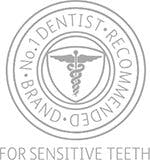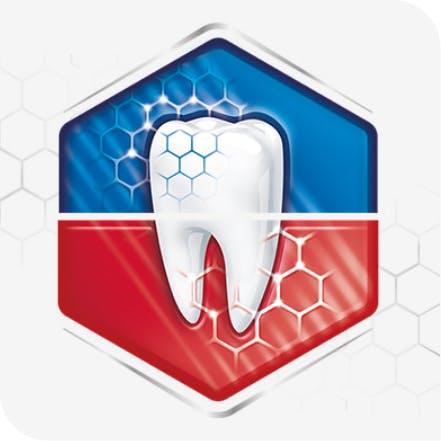How Your Mouth Affects Your Gut Health

Our digestive system is one of the most important factors for keeping us healthy, affecting everything from digestion to mental health.1 Recent studies in the past four decades have shown how gut health begins with oral care: rather than a passive conduit to the gastrointestinal tract, the oral cavity has a vital connection to the rest of the body.2 See how oral health is tied to your digestive system, learn what the oral gut microbiome axis is and see how you can maintain your overall health starting with your mouth.
The Connection Between Your Mouth and Your Digestive System
The digestive system primarily consists of the gastrointestinal tract, also known as the GI tract. While additional solid organs such as the liver, pancreas and gallbladder comprise the digestive system, the GI tract also includes hollow areas of your body ranging from your mouth to your esophagus, stomach, small intestines, large intestines and anus.2
The digestive process begins in your mouth when you begin eating.2 Your mouth produces saliva, which allows the food you eat to be easily moistened, chewed and moved into your esophagus.2 Saliva also helps to break down the starches in your food.2 Your mouth, teeth, tongue and esophagus push food through your GI tract when you swallow.2 From there, the brain automatically knows to begin peristalsis, the process of moving food through your hollow GI organs.2
The Gut Microbiome and Its Role in Various Bodily Systems
A vast ecology of bacteria lives in your gut microbiome—as many as 100 trillion micrroorganisms.5 These organisms in your small intestine help you absorb nutrients, which are then passed to other parts of your body to use by your circulatory system.2
Hormones and nerves help to control your digestive process.2 When you’re hungry, your central nervous system produces signals for you to react to mouthwatering food and to prepare to eat, while your hormones tell your brain that you’re full.2
What Is the Oral-Gut Microbiome Axis?
The oral cavity (the mouth) and the gut are the two largest microbial habitats inside your body.4 Microorganisms can travel from the oral cavity to the gut, and vice versa.4 Researchers call this connection the oral–gut microbiome axis.4
In the mouth, microbes may live in habitats like plaque, gingiva, tooth surfaces, the tongue and the throat.4 Certain imbalances in these oral microbiome habitats can affect systemic health conditions, that extend far beyond dental health, including issues such as diabetes, Alzheimer’s disease and cardiovascular disease.4
How Oral Health Problems Can Affect Your Digestive Health
According to studies, over 50 conditions have been associated with oral health conditions such as gingivitis and periodontal inflammation.3 Some of the most prevalent conditions include inflammatory bowel diseases (IBD).3 Microbes are able to pass through the oral cavity to the GI tract, due to their physical and chemical connections.4
Maintaining your oral health is the first step toward taking charge of your gastrointestinal health, and therefore your overall health. Treat gingivitis and target and remove plaque bacteria to improve gum health, and help reduce the pain of sensitive teeth* with Sensodyne Sensitivity & Gum Health toothpaste.
*with twice daily brushing
Source Citations:
- How Your Gut Microbiome Impacts Your Health. Cleveland Clinic. https://health.clevelandclinic.org/gut-microbiome/. Accessed 6/12/2024.
- The “Gum–Gut” Axis in Inflammatory Bowel Diseases: A Hypothesis-Driven Review of Associations and Advances. National Library of Medicine. https://www.ncbi.nlm.nih.gov/pmc/articles/PMC7933581/. Accessed 6/12/2024.
- Your Digestive System & How it Works. National Institute of Diabetes and Digestive and Kidney Diseases. https://www.niddk.nih.gov/health-information/digestive-diseases/digestive-system-how-it-works/. Accessed 6/12/2024.
- Oral–Gut Microbiome Axis in Gastrointestinal Disease and Cancer. National Library of Medicine https://www.ncbi.nlm.nih.gov/pmc/articles/PMC8125773/. Accessed 6/12/2024.
- Microbiota and the gut-brain-axis: Implications for new therapeutic design in the CNS. The Lancet https://www.thelancet.com/journals/ebiom/article/PIIS2352-3964(22)00092-5/fulltext/. Accessed 6/12/2024.













